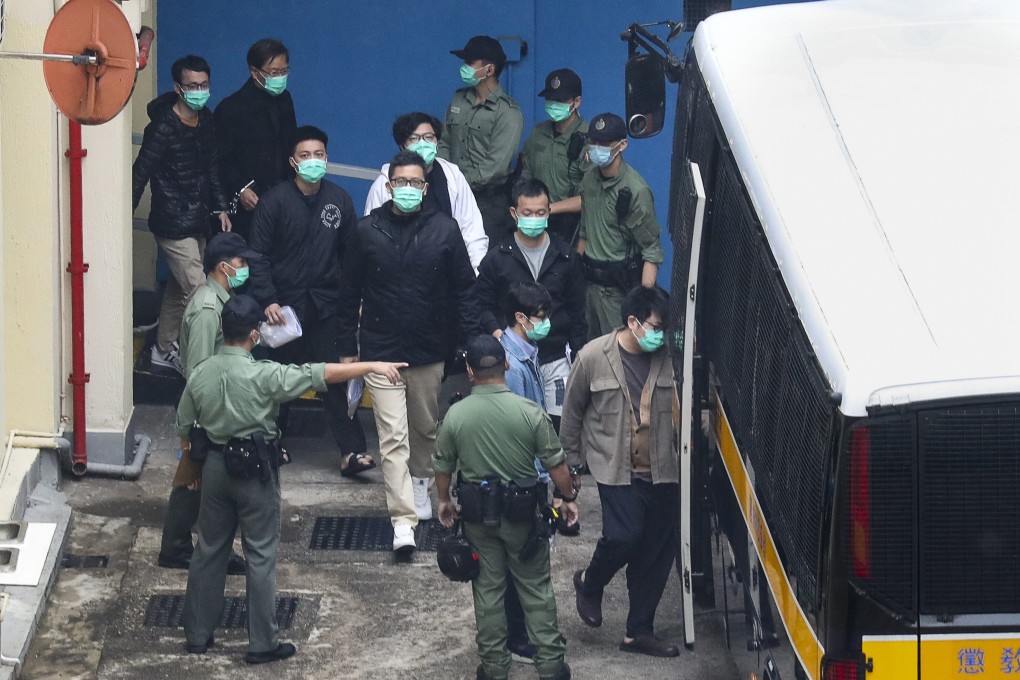My Take | The ‘what if?’ moments on path to where Hong Kong is today
- There have been some key turning points that might have altered history if they had been handled differently. Hopefully, it is still not too late to learn from the past

If a week is a long time in politics, the last seven days in Hong Kong have seemed like an eternity. Beijing’s plan to overhaul the election system and sideline the opposition has emerged. It is expected to be approved in Beijing this week, as the central government moves to ensure “patriots” govern the city.
Meanwhile, charges of subversion were laid against 47 opposition politicians who might have been expected to be vocal opponents of the reforms. Most of them remain in custody after torturous bail proceedings lasted all week.
The impact of the security law, passed by Beijing in response to months of violent anti-government protests in 2019, is being felt more broadly. Civil society is in retreat as people err on the side of caution rather than risk crossing the law’s ill-defined red lines.
The dream of Hong Kong emerging as a free and democratic part of China under the “one country, two systems” concept has been shattered. The city is losing its dynamism. Where did it all go wrong?
Who you blame, no doubt, depends on which political camp you support. Is it the protesters for their violence and calls for Hong Kong independence? The democrats for supporting them? The pro-establishment camp for telling Beijing what it wanted to hear rather than seeking constructive solutions for Hong Kong? Beijing for tightening its grip on the city? Or Hong Kong officials for pandering to vested interests and failing to tackle deep-rooted problems? You can take your pick.
There have, however, been some key turning points that might have altered history if handled differently.
What if the top court had not been so bold in its initial ruling on the Basic Law in 1999? It sparked a constitutional crisis and led Beijing to deliver its first interpretation of the Basic Law. An early precedent was set for intervention by the central government.
